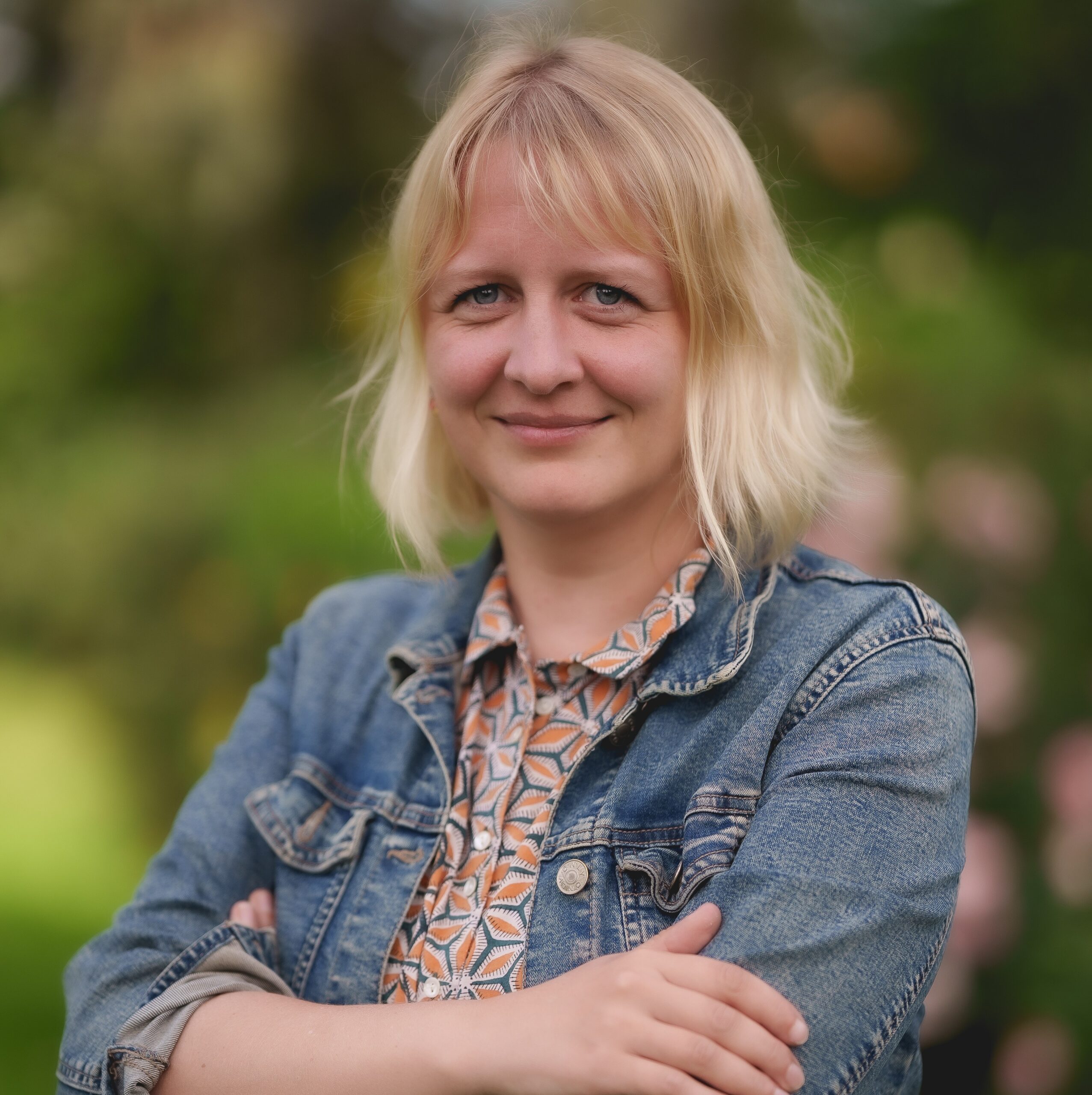Finance and Investments Working Group
Objectives
1. Tracking, analyzing and influencing (public and private) investments and existing funds for agroecology
How
- On-going work on the tracking of investments (follow up of the Berlin workshop): Share and promote methodology once finalized
Work by TIFS on the analysis of investments funds for AE (pilot starts in Africa) - Regional funds of the Agroecology Fund
- Influence donors/investors/funding vehicles to integrate agroecological principles into investment decision making
- Share and promote what already exists (funding vehicles, funding programmes) to coalition members
2. Support governments in increasing their funding for AE approaches/policies
How
- Support peer-to-peer exchange with government officials on how to reallocate/shift resources to implement AE approaches/policies
Governments need an AE strategy in place to put their own funding and budgetary allocations: Link to policy working group for peer-to-peer exchanges on how to develop such strategies - Support governments in mobilizing and re-directing (e.g. repurposing conventional agricultural subsidies) funds for AE through programmes or connect to existing funds
3. Promoting the Agroecological Business Case to increase public and private investments
How
- Promoting inspiring and promising showcases (e.g. agricultural enterprises or agroecological funding vehicles) -> link to communication/advocacy working group
- Convince donors/investors about the multidimensional returns of AE (economic, ecological and social benefits of AE) by relevant tools, reports and convenings-> Link to research working group and advocacy working group
- Show to donors and investors what transformative investments are (e.g. work by TIFS)
- Conduct match-makings between AE enterprises and donors/investors
Outputs
The group has worked on the Agroecology Finance Assessment Tool, a collective online tool which provides a methodological framework based on the 13 principles of agroecology elaborated by the HLPE to measure progress in finance towards agroecology and provides a guide to elaborate projects implementing agroecology. It was launched in October 2023 and it can be accessed here. On 10 June 2025 a webinar was organised to introduce updated features of the Agroecology Finance Assessment and Tracking Tool alongside insights from representatives of the organizations who used the tool. You can watch a recording below.
Agroecology Donors Convenings: Held biennially in Rome, these gatherings bring together a rich and diverse group of donors united in the commitment to advancing agroecological principles around the globe. These events serve as immersive and dynamic platforms for dialogue, collaboration, and strategic planning. Participants engage in thematic discussions on how best to allocate funding to support agroecological initiatives. In addition to financial strategies, the convenings foster meaningful knowledge exchange among donors, practitioners, researchers, finding opportunities to network and collaborate. So far, two donors convening were organized:
Agroecology Donors Convening (Rome, 20-21 October, 2023):
Agroecology Donors Convening (Rome, 17-18 October, 2025):
-
- A report of the gathering will be available soon
The group was also a key actor in the Cultivating Change Gathering (Arusha, Tanzania, 4-7 June 2024) bringing together 120 agroecology and food systems partners from civil society, farmer organizations, government officials, researchers, and donors.
Co-Facilitators

Liesa Nieskens
GIZ
Liesa Nieskens is an advisor with the GIZ sector project on Resilient Rural Areas, where she focuses on agroecology and the synergetic implementation of the Rio Conventions on land, climate, and biodiversity. Previously, she worked with GIZ India on projects in the field of agroecology, biodiversity, climate adaptation and rural development, while also co-leading an initiative on food systems transformation. Liesa holds a Master’s degree (M.Sc.) in Geography.

Daniel Moss
Agroecology Fund
Daniel serves as Co-Director at Agroecology Fund. Daniel has worked in philanthropy for over three decades, channeling resources to community-led organizations and collaborations. Trained as a community organizer, he strengthened tenant organizations in public housing in Boston and then lived in El Salvador and Mexico for five years, working in support of social movements defending rights to land and water. He worked as an on-farm trainer in a workers’ rights certification program and with Latin American water utilities to strengthen watershed conservation strategies. He holds a Master’s degree in City Planning from MIT and writes frequently on food and water issues for traditional and online media.
Banner photo credit: Pexel
